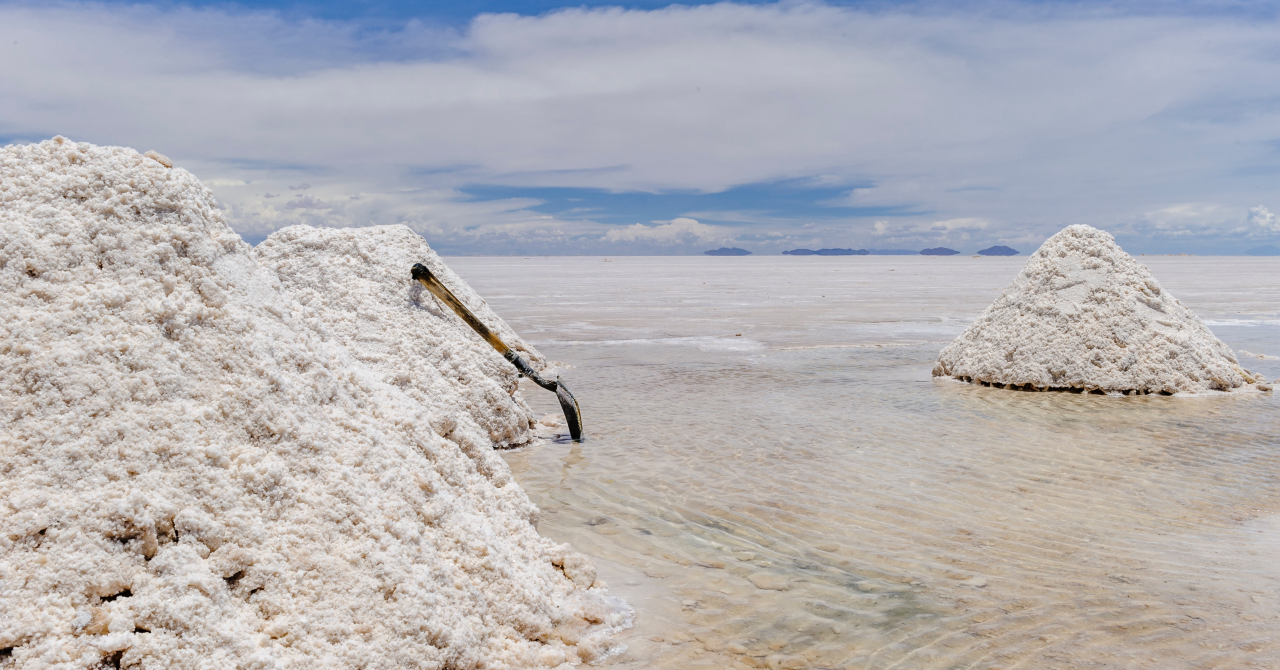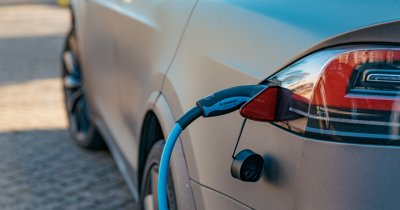According to World Economic Forum, global EV sales more than doubled in 2021 compared to the previous year, with 6.6 million battery-powered vehicles being purchased by drivers compared to 3 million.
According to the International Energy Agency (IEA), this gave BEVs 9% share of the total car market.
While sales for fossil-powered cars is going to get lower and lower, considering the fact that Europe will phase this class of vehicles out by 2035, EVs are one of the few sensible options that we have for personal transport.
According to the US Department of Energy, an average EV uses some 8 kg of lithium in its battery packs, which is why last year, global lithium production reached a total of 100.000 tons.
The planet's current lithium reserve is sitting at some 22 million tons.
If we were to use all the lithium reserve to make batteries, we could manufacture some 2.5 billion of them, but lithium batteries are being used for other items, such as laptops and smartphones, which is the pressing issue here.
Additionally, lithium can go into the production of planes and trains, among other things, so it's not only batteries that need this much craved non-ferrous metal.
The IEA reports that "only a handful of companies can produce high-quality, high-purity lithium chemical products. While several planned expansion projects are in the pipeline, there is a question mark over how rapidly their capacity can come online."
IEA experts say that we could face lithium shortages by 2025, which is a problem since, according to Credit Suisse, lithium demand could triple between 2020 and 2025.
Lake Resources Chairman Stuart Crow said that "there simply isn’t going to be enough lithium on the face of the planet, regardless of who expands and who delivers, it just won’t be there. Car makers are starting to sense that maybe the battery makers aren’t going to be able to deliver."
Lithium, a resource concentrated in a few places on Earth
Another potential issue is the fact that lithium isn't widely available everywhere on Earth and there are a few countries who control most of the supplies and the production.
"China owns basically 70-80% of the entire supply chain for electric vehicles and lithium-ion batteries", Crow added.
Chile has the world's biggest lithium reserves on the planet, alongside Argentina and Bolivia, with the three countries having just under 60% of the total reserve.
Still, extracting lithium requires water and there isn't enough in the region to meet demand for the extraction process.
For example, Bolivia's San Cristóbal mine reportedly uses 50,000 liters of water a day, while mining companies in Chile are using so much water that they might affect important water reserves.
Battery recycling could be one of the solutions to the supply chain problem, as the World Economic Forum says that "an estimated 54% of end-of-life batteries are expected to be recycled in 2030."
The IEA presents technological advancements as another potential solution, as "emerging technologies, such as direct lithium extraction or enhanced metal recovery from waste streams or low-grade ores, offer the potential for a step change in future supply volumes."
 Mihai - Cristian Ioniță
Mihai - Cristian Ioniță












Any thoughts?